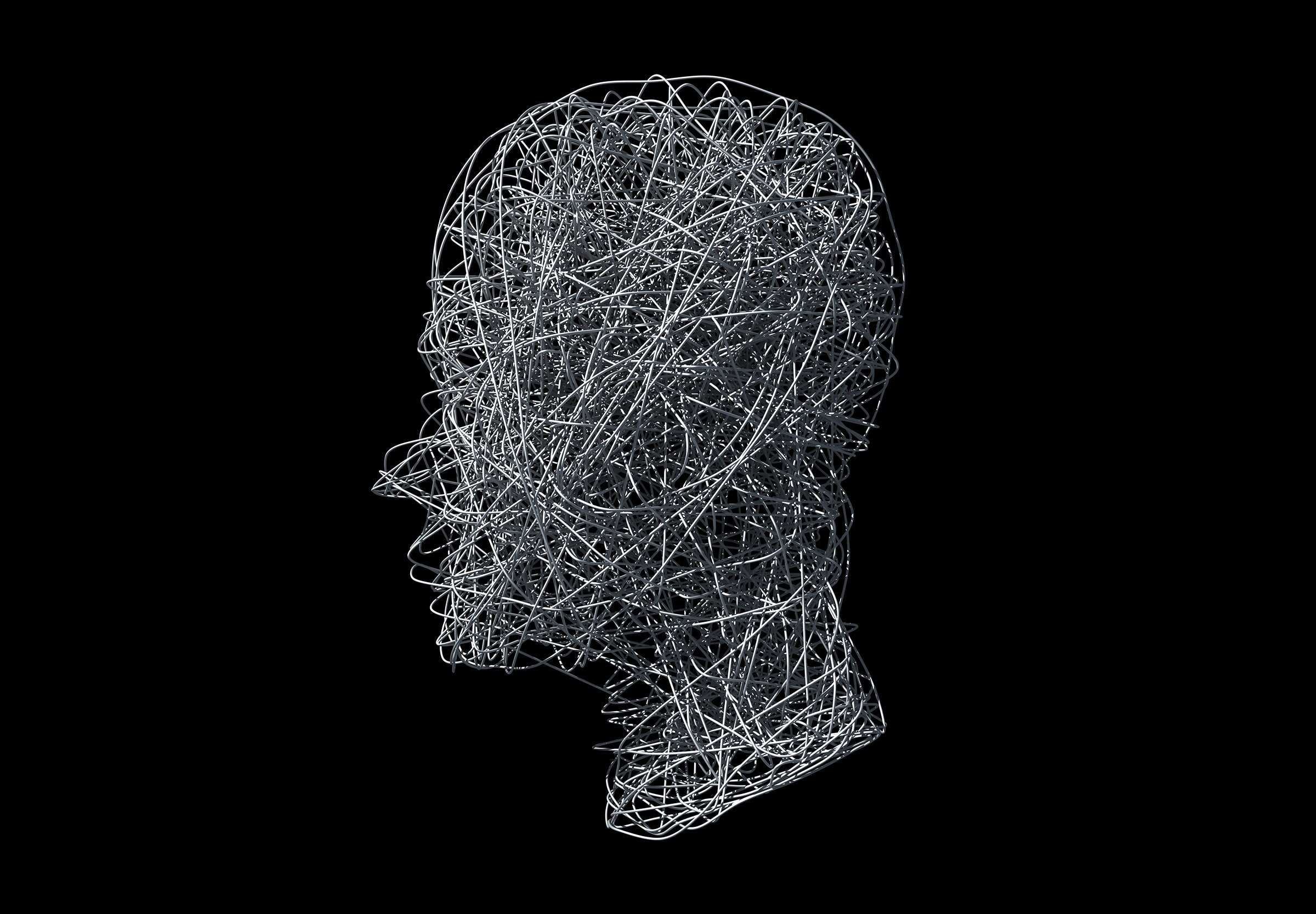

Non-Hispanic Black youth between the ages of 5 and 18 years old are more likely to undergo pharmacologic restraint during mental health crises than children of other races and ethnicities. The findings will be presented at the Pediatric Academic Societies (PAS) 2023 Meeting, held April 27-May 1 in Washington, D.C.
The study examined records of 61,503 children admitted to 41 non-psychiatric U.S. children’s hospitals between 2018 and 2022 due to mental health conditions such as autism, anxiety, psychotic disorders, self-injury or suicide, and trauma. Approximately 11.9% received pharmacologic restraint, a deliberate form of medication administered when there are acute safety concerns to staff and/or patient. The records were obtained from the Children’s Hospital Association’s Pediatric Health Information System database.
Among the 7,309 children who experienced pharmacologic restraint over the study period, 14.8% of children were Non-Hispanic Black, compared to 12.3% Hispanic, 11.6% Asian, 11.1% Non-Hispanic White, and 9.5% of other races and ethnicities.
Findings also showed that despite female hospitalizations (68.3%) outweighing those of males (31.7%), when evaluating for racial and ethnic differences in pharmacologic restraint by sex, Non-Hispanic Black male youth were more likely to undergo restraint. No differences were found among female sex and race/ethnicity.
“The study results reveal stark disparities in our hospitals’ care systems and point to evidence of interpersonal and structural racism in de-escalation of mental health crises,” said Ryan M. Wolf, M.D., pediatric hospital medicine fellow at Monroe Carell Jr. Children’s Hospital at Vanderbilt and presenting author. “As America’s youth mental health crisis continues to grow, this data has drastic implications for evaluating pharmacologic restraint use during mental health crises.”
Researchers advocate that future studies should emphasize solutions to provide more equitable, preventive care for child and adolescent mental health patients that prioritizes their safety and minimizes disparities in health care facilities.

